Applying Fog Analysis Tool to AFSIM Multi-Domain CLASS Scenarios

Abstract:
Military leaders must consider uncertainty in decision making to accomplish mission objectives. Wargames and military simulations model real-world scenarios to understand potential outcomes for alternative courses of action to support decision making. This research applies the Fog Analysis Tool (FAT) (Tryhorn et al. 2021) to Cyber Land Air Sea Space (CLASS) scenarios for the Advanced Framework for Simulation, Integration, and Modeling (AFSIM). The CLASS scenario structure supports fog analysis in multi-domain operations within AFSIM scenarios. The CLASS result trends support the hypothesis that increasing fog effect levels disrupts the decision-making and tasking processes for all warfighting domains. A crossover event occurs from success to failure for each fog effect as the level increases for all CLASS scenarios. Therefore, FAT should be used for incorporating fog in multi-domain wargame scenarios to aid commanders in course of action analysis and planners in modifying scenario difficulty.
AUTHORS
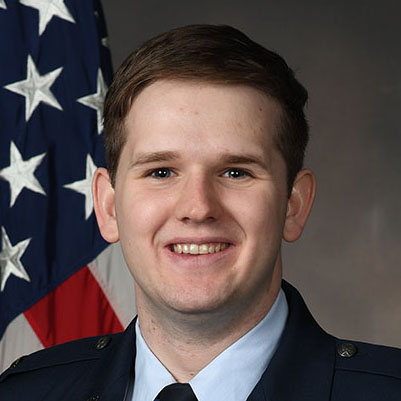
Graduate School of Engineering and Management
Air Force Institute of Technology
Wright-Patterson AFB, Ohio, United States
Lieutenant Dillon Tryhorn is a student at the Air Force Institute of Technology (AFIT) in Wright-Patterson Air Force Base in Ohio, U.S. He is currently working on a Master's degree in computer engineering, and he has an interest in computer simulation software.
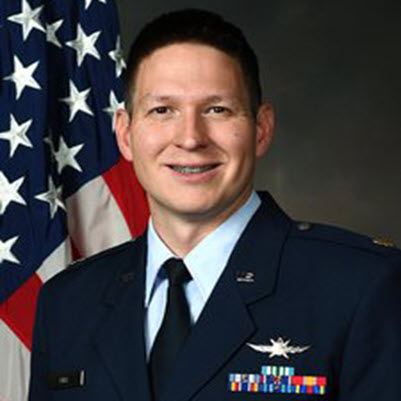
Graduate School of Engineering and Management
Air Force Institute of Technology
Wright-Patterson AFB, Ohio, United States
Major Richard Dill is an Assistant Professor of Computer Science at the Air Force Institute of Technology (AFIT), Wright-Patterson AFB, Ohio, U.S. He received a B.S. in Computer Science from the University of Maryland at College Park in 2004, and an M.S. in Computer Science in 2008 and a Ph.D. in 2018 from AFIT. Major Dill's research interests include computer security, algorithms, and artificial intelligence.
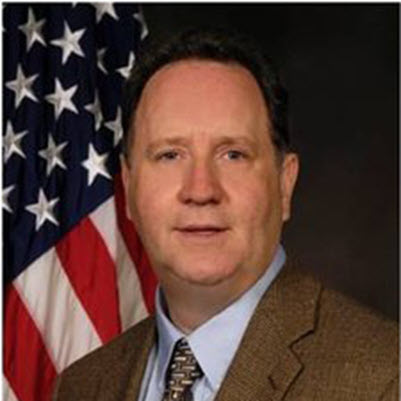
Graduate School of Engineering and Management
Air Force Institute of Technology
Wright-Patterson AFB, Ohio, United States
Douglas D. Hodson is an Associate Professor of Computer Engineering at the Air Force Institute of Technology (AFIT), Wright-Patterson AFB, Ohio, U.S. He received a B.S. in Physics from Wright State University in 1985, and both an M.S. in Electro-Optics in 1987 and an M.B.A. in 1999 from the University of Dayton. He completed his Ph.D. at the AFIT in 2009. His research interests include computer engineering, software engineering, real-time distributed simulation, and quantum communications. He is also a DAGSI scholar and a member of Tau Beta Pi.
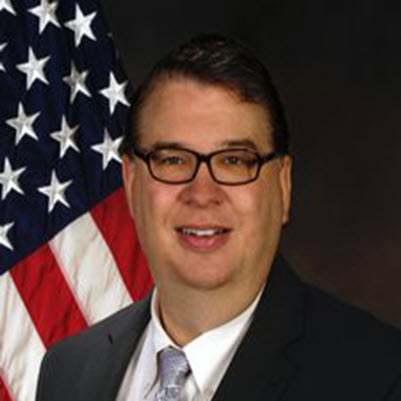
Department of Systems and Engineering Management, Air Force Institute of Technology& Wright-Patterson AFB, OH,
USA
Michael R. Grimaila (BSEE 1993; MSEE 1995; Ph.D. 1999, Texas A&M University) is a professor and the head of the Department of Systems Engineering and Management at the Air Force Institute of Technology, Wright-Patterson Air Force Base in Ohio, U.S. He is a member of Tau Beta Pi, Eta Kappa Nu, and the Association for Computing Machinery, and a Senior Member of the IEEE, as well as a Fellow of the Information System Security Association.
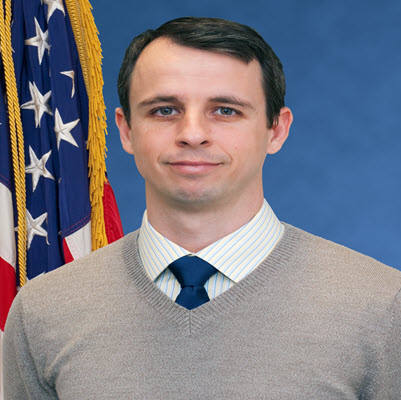
711th Human Performance Wing: Cognitive Science, Models, & Agents Branch
Air Force Research Laboratory
Wright-Patterson AFB, Ohio, United States
Christopher Myers is an experienced computationally-oriented cognitive scientist who leverages modeling and simulation to improve the foundational understanding of human cognition and to develop intelligent systems capable of partnering with humans within teams. This research agenda is manifest across two broad areas of current research: synthetic teammates and physiocognitive models. Within each area, Dr. Myers has led multiple interdisciplinary research teams across multiple collaborations within AFRL, academia, and industry.
Published In
Journal of Information Warfare
The definitive publication for the best and latest research and analysis on information warfare, information operations, and cyber crime. Available in traditional hard copy or online.
Quick Links
Archive

